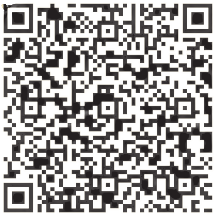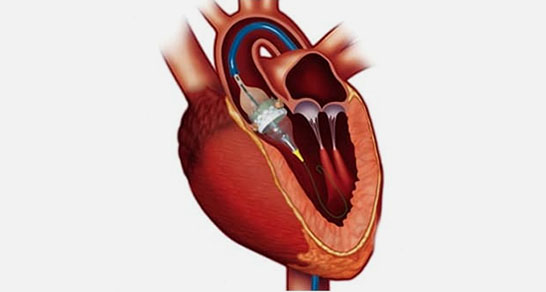 secretary@gopalamurugan.com
secretary@gopalamurugan.com +91 80560 88898
+91 80560 88898
+91 89400 88898
+91 91760 88898
 Scan QR Code
Scan QR Code
for Location
 secretary@gopalamurugan.com
secretary@gopalamurugan.com +91 80560 88898
+91 80560 88898 
 Scan QR Code
Scan QR Code 
Aortic stenosis is one of the most common and serious heart valve diseases, predominantly affecting elderly individuals. This condition involves the narrowing of the aortic valve, restricting blood flow from the heart to the rest of the body. Over time, the heart must work harder to pump blood, leading to severe complications such as heart failure, arrhythmias, and even sudden cardiac death.
Patients with aortic stenosis often experience symptoms such as chest pain, breathlessness, dizziness, fainting, and fatigue. Without timely intervention, the condition can significantly impair quality of life and increase mortality rates.
For decades, Surgical Aortic Valve Replacement (SAVR) has been the gold standard treatment for severe aortic stenosis. However, not all patients are suitable candidates for this invasive procedure due to the risks associated with age and underlying health conditions. This is where Transcatheter Aortic Valve Replacement (TAVR) comes in—a revolutionary alternative that provides hope for many patients in India and Chennai.
Transcatheter Aortic Valve Replacement (TAVR), also known as Transcatheter Aortic Valve Implantation (TAVI), is a minimally invasive procedure that replaces a diseased aortic valve without requiring open-heart surgery. Instead of making a large chest incision, the new valve is inserted via a catheter, usually through an artery in the leg (femoral artery) and guided to the heart. Once in place, the new valve expands and takes over the function of the diseased valve.
This innovative procedure has transformed the treatment landscape for aortic stenosis, offering patients a safer and faster recovery alternative to traditional surgery.
TAVR is primarily recommended for patients who are considered high or intermediate risk for open-heart surgery. This includes:
A heart team, including a leading cardiologist for TAVR in Chennai and a cardiac surgeon, will perform a comprehensive evaluation using imaging tests (echocardiograms, CT scans, and angiograms) to determine the best course of treatment.
Unlike conventional valve replacement surgery, TAVR does not require opening the chest or stopping the heart. This leads to:
Patients who undergo TAVR typically spend only 2-5 days in the hospital compared to the prolonged recovery associated with open-heart surgery. Most individuals return to daily activities within weeks rather than months.
Since TAVR avoids major surgical incisions and general anesthesia, it is associated with:
Clinical studies have shown that patients who undergo TAVR experience significant improvement in symptoms, better heart function, and an enhanced ability to perform daily activities.
Several top hospitals in Chennai and across India specialize in TAVR procedures.
Yes, many leading hospitals in Chennai and across India offer TAVR, performed by highly skilled cardiologists and heart surgeons.
The procedure typically lasts 1-2 hours, much shorter than traditional open-heart surgery.
TAVR valves usually last 10-15 years, depending on patient-specific factors.
Many health insurance providers cover TAVR under cardiac treatment plans. Patients should check with their insurance provider for details.
Most patients can resume light activities within a few weeks, but full recovery may take 2-4 weeks.
Since TAVR is minimally invasive and often performed under local anesthesia, patients experience minimal discomfort compared to open-heart surgery.
While TAVR is generally safe, potential risks include stroke, vascular complications, or valve leakage. However, the overall complication rate is significantly lower than traditional surgery.
Patients may need to undergo blood tests, imaging scans, and cardiac assessments. They should follow their doctor’s instructions regarding medications and fasting before the procedure.
If you or a loved one is suffering from severe aortic stenosis, consult with the best cardiologist for TAVR in Chennai today to explore your treatment options.
Senior Interventional Cardiologist & Electrophysiologist
Consultation Locations:
London
W1 Healthcare, 7 Russell Gardens,
London W14 8EZ, United Kingdom
+44 7425 861747
Chennai
2nd Floor, 46 & 48, Masilamani Rd, Balaji Nagar, Royapettah, Chennai,
Tamil Nadu 600014
080560 88898
Mumbai
81-84, Indian Cancer Society Formerly Lady Ratan Tata Medical & Research Centre,
M. Karve Road, Cooperage St, Mumbai, Maharashtra 400021
089400 88898